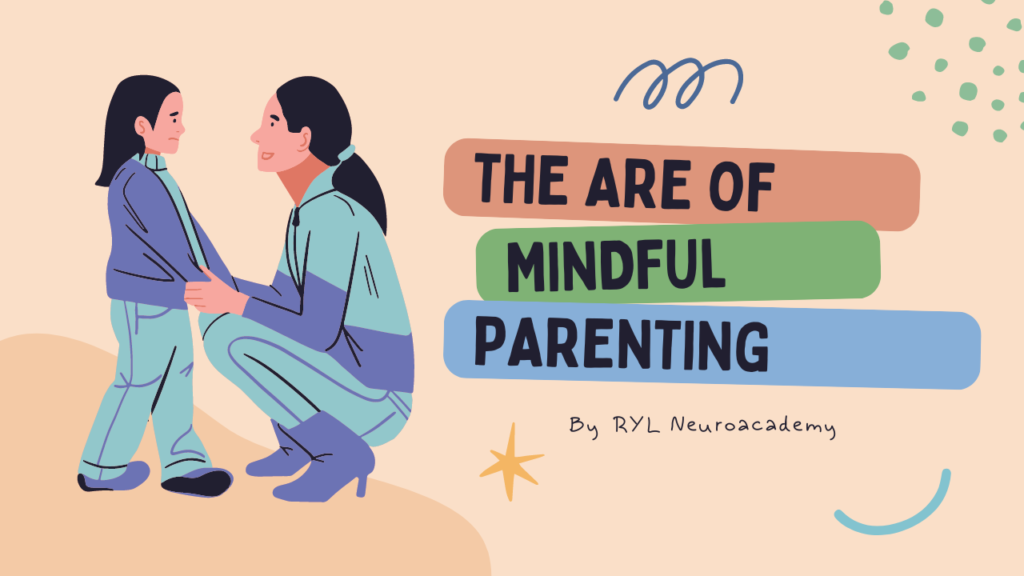Introduction
The habits parents practice daily have a powerful influence on a child’s emotional, mental, and behavioral development. Consistent actions—like listening, setting routines, and showing empathy—shape how children view themselves and the world. In this post, you’ll discover 10 proven parenting habits that build stronger relationships, promote confidence, and create a positive home environment.
II. Why Habits Matter in Parenting
Habits play a critical role in shaping a child’s brain, behavior, and emotional growth. According to developmental psychology, children learn best through observation and repetition—meaning they naturally mirror their parents’ behavior. When parents consistently model positive habits like patience, communication, and self-discipline, children internalize these traits. Over time, daily routines create a sense of security, build life skills, and lay the foundation for a child’s long-term emotional and psychological well-being
III. 10 Effective Parenting Habits to Adopt
Creating strong, emotionally healthy children starts with the small habits parents practice every day.
Here are 10 powerful parenting habits that can positively impact your child’s development and strengthen your family bond:
1. Start the Day with Connection
A warm hug, eye contact, or a few minutes of conversation in the morning can make your child feel secure and loved, setting a positive tone for the day.
2. Practice Active Listening
When you truly listen—without distractions—you show your child that their thoughts and feelings matter. This builds trust and emotional validation.
3. Establish Consistent Routines
Regular daily schedules provide structure, reduce anxiety, and help children feel safe, making it easier for them to manage their emotions and behavior.
4. Model Emotional Regulation
Children learn by watching you. When you stay calm and composed during stressful situations, they learn how to manage their own emotions effectively.
5. Use Positive Reinforcement
Praise effort and good behavior consistently. Encouraging words boost self-confidence and motivate children to repeat positive actions.
6. Set Clear Boundaries and Expectations
Firm but loving rules teach children discipline, respect, and accountability, helping them understand what is expected and why it matters.
7. Spend Quality One-on-One Time
Dedicated attention—even for just 10 minutes a day—deepens your emotional connection and shows your child they are important to you.
8. Encourage Independence and Problem Solving Let your child make age-appropriate decisions and solve minor problems on their own. This builds confidence, resilience, and life skills.
9. Limit Screen Time Mindfully
Reducing digital distractions creates space for real conversations, outdoor play, and creative activities that foster deeper connection and development.
10. End the Day with Gratitude
Bedtime gratitude rituals help children focus on the positive, improve sleep quality, and develop a mindset of appreciation and emotional balance.
Each of these parenting habits can be easily woven into your daily routine, creating a nurturing environment that supports your child’s growth and happiness.
FAQs
1. What are good daily habits for parents?
Good daily habits for parents include active listening, setting consistent routines, offering positive reinforcement, modeling emotional control, spending quality one-on-one time, and starting and ending the day with connection and gratitude. These habits promote emotional security, discipline, and a strong parent-child bond.
—
2. How can I become a more effective parent?
To become a more effective parent, focus on being consistent, empathetic, and present. Practice active communication, set clear expectations, lead by example, and create a nurturing environment. Prioritize your own well-being, as emotionally balanced parents raise emotionally strong children.
—
3. How do parenting habits influence children?
Parenting habits shape a child’s emotional development, behavior, and long-term mindset. Children model what they see, so consistent positive habits—like calm communication, structure, and affection—teach resilience, confidence, and healthy coping skills that last a lifetime.

